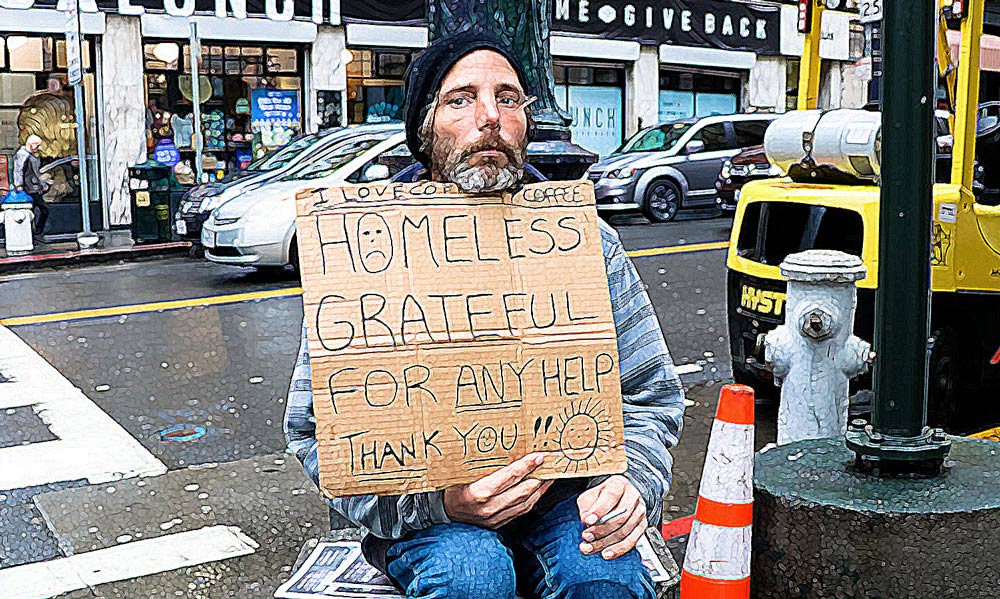If you’ve been wanting to buy a gas stove but have been worried about the federal government’s determination under Biden to outlaw selling them and other nice things, relax. You’re now going to be cooking with gas.
I’m looking at a paragraph of one of the many executive orders issued by President Trump to get the government off our necks.
I refer, of course, to provision (f) of Section 2 of “Unleashing American Energy.”
To wit: “It is the policy of the United States … to safeguard the American people’s freedom to choose from a variety of goods and appliances, including but not limited to lightbulbs, dishwashers, washing machines, gas stoves, water heaters, toilets, and shower heads, and to promote market competition and innovation within the manufacturing and appliance industries.…”
Water heaters … toilets and shower heads … and gas stoves?
It shouldn’t be such a big deal to be able to keep buying this or that modern convenience. We’ve already invented and can mass-produce, mass-distribute these things. We have a functioning market economy. And most of us don’t want to be Amish.
But if you’ve got successive administrations hell-bent on returning us all to the Stone Age in order to control global weather and spare Mother Earth further inconvenience — well, adamant interruption of this trend is indeed a very big deal.
It seems that certain insanities will be stopped cold at least for the next four years. Maybe even beyond.
Industrial civilization: a good thing. Let’s keep it.
This is Common Sense. I’m Paul Jacob.
Illustration created with Flux and Firefly
See all recent commentary
(simplified and organized)
See recent popular posts






